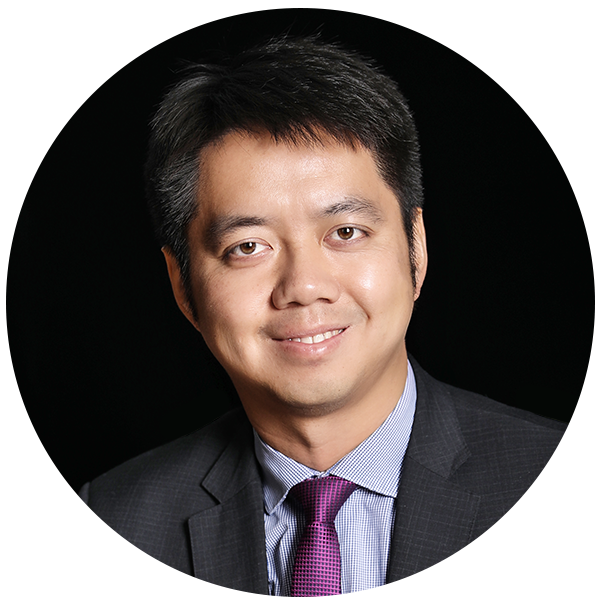In Tehran, I asked Iranian officials, members of the media, scholars and ordinary people why anti-US sentiment was so deep and pervasive. The answers I got were very uniform: "Because our country is independent and has dignity!" During talks throughout my Iran trip in February, the word "dignity" was always heard. When I tried to ask an official from the Pardis Technology Park or Iran's Silicon Valley nuclear program, he responded excitedly, "Why do people remain silent about the US and Israel who have so many nuclear weapons, but challenge Iran's peaceful use of nuclear energy?"
At Iran's state TV office, the manager of the English news department eloquently elaborated on Iranian media employees' responsibilities and dedication in pursuing the truth and building national soft power. However, when asked about whether they would cut out the scene where nearly half of the audience had left before Iranian President Mahmoud Ahmadinejad ended his speech on Islamic Revolution Day, and only display images of unity, the manager immediately stated the scene would be shown and viewers could make their own judgment. He claimed there is no censorship in Iran and accused Western media of using double standards.
These Iranians are easy to get excited or irritate, impressing me that the Iranian society might be slightly chauvinistic.
Is Iran a small country? Perhaps it is in the eyes of most Chinese people who prefer to see their own country as a big power. But Iran is also a large country by global standards, bigger than the UK and France combined. Its population is similar to that of Germany. It ranks 17th both in land mass and population. Its capital, Tehran, is the largest city in West Asia and the 19th largest city in the world. Iran's GDP ranked 26th in the world in 2010. When I talked about war in Tehran, the Iranians frequently responded, "Iran is neither Iraq nor Afghanistan. It would not be that easy to conquer us."
I'm convinced that Iran is more resistant than Yugoslavia, Libya, Haiti or Panama. If the US launches an attack, I'm afraid the battle would be severe, and the US would be caught in a quagmire similar to Vietnam in the 1960s or Iraq during the 2000s.
Hossein Amir Abdollahian, the Iranian Deputy Foreign Minister for Middle East and African Affairs, told me that "Arab Spring" was another large-scale uprising for Islamic people, following the Islamic revolution against the Shah, Iraqi resistance to Saddam Hussein, and Palestinians' pursuit of independence. According to him, Middle Eastern countries are learning from Iran to seek religious dignity and national independence against Western hegemony.
This logic is new to me. It seems that the US hasn't realized the scale of the awakening of the Middle East and has attempted to continue its dominance in the region, while seeking to intervene with their internal politics and spend Muslim money. This undoubtedly will worsen conflicts between the US and the Muslim world. The official also explained that between a choice of dignity or submission, Iran has to choose dignity.
Another Iranian diplomat told me that although Iran has suffered several invasions and defeats throughout its history, its major threat is the West, especially after the 1979 Islamic revolution. According to him, the Iranian people do not hate modern Western culture, what they oppose is US arrogance and its preset style of negotiations and doctrines.
Iranians' emphasis on "dignity" was particularly impressive during the four-hour rally which marked the Revolution Day. The roaring slogans of "Down with USA" and "Down with Israel" filled my ears.
Some might warn me that these people could pay the price for their words and actions in the end. Well, all I have to say is let's wait and see.
But one thing we should be clear about is that the Iranians are fighting a battle for dignity. The latter adds to their strength.
Some may argue that's unfair. But in the international political arena, who can ensure fairness?
The author is an editorial writer and chief opinion editor of the Chinese edition of the Global Times. wangwen@ globaltimes.com.cn

